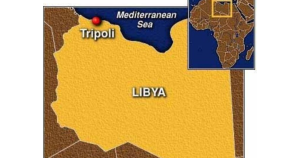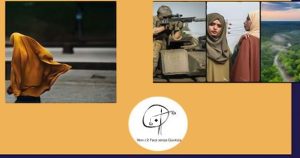Concerns have been raised that Mr Kamaruzzaman’s transfer to the Dhaka Central Jail may indicate there is a very real risk of an imminent execution. No Peace Without Justice (NPWJ) and the Nonviolent Radical Party, Transnational and Transparty (NRPTT), call on the Government of Bangladesh to respect Mr Kamaruzzaman’s legal rights and afford him the opportunity to submit further applications, including a ‘review petition’ and a plea for mercy from the President. As such, the Government of Bangladesh should immediately stay Mr Kamaruzzaman’s execution, to allow him to exercise his legal rights, and implement a moratorium on the death penalty in general, particularly given concerns over the general state of Bangladesh’s judicial system.
NPWJ and the NRPTT reaffirm their belief that the ICT offers a real opportunity to address the crimes of the past. However, in its present form, it does nothing more than offer political retribution, given that the original trial and the decision by the appellate division of the Supreme Court do not address the very legitimate concerns raised both domestically and internationally. These concerns include the failure of the ICT judges to apply the proper legal principles, the fact that the ICT judges arbitrarily restricted the number of defence witnesses, or the appearance of clear bias on the part the ICT against Mr Kamaruzzaman.
In general, the ICT has not achieved its established aim of bringing justice to those who committed crimes of an international character during the 1971 conflict. Instead, it has offered politically influenced revenge and provided a mechanism by which a legitimate political opposition can be attacked. NPWJ and the NRPTT therefore call on the Bangladesh Government to order an independent inquiry into the conduct of proceedings before the ICT and stay all further proceedings before the tribunal until that investigation is complete. As warned by Sir Desmond de Silva, the shortcomings of the ICT together with a failure to establish an international tribunal have effectively created further violence and division without the reconciliation the people of Bangladesh deserve. To overcome the current situation, the Government of Bangladesh should establish such a tribunal and allow the people of Bangladesh the opportunity to achieve real justice and redress.
For further information, contact Alison Smith on asmith@npwj.org or +32-2-548 39 12 or Nicola Giovannini on ngiovannini@npwj.org or +32-2-548-3915.




